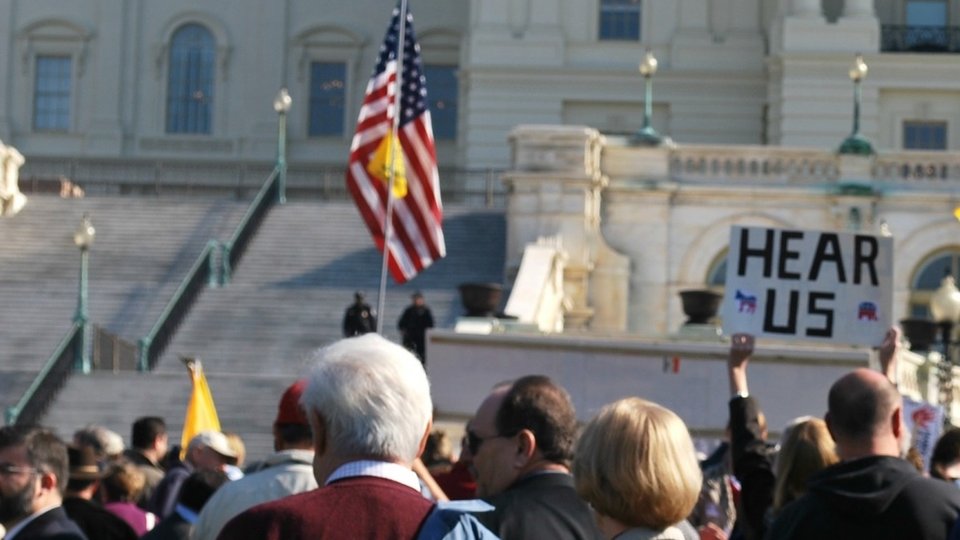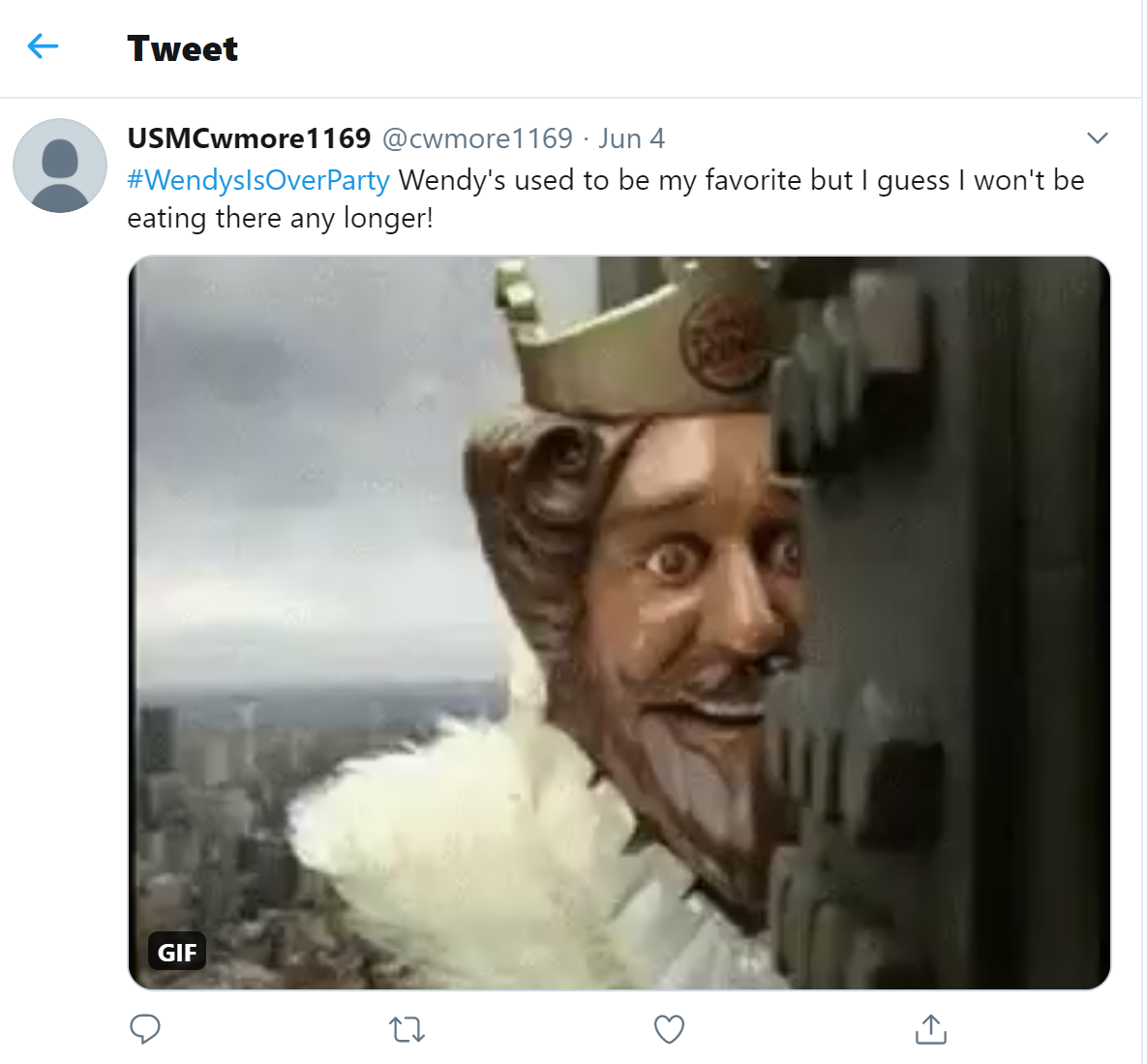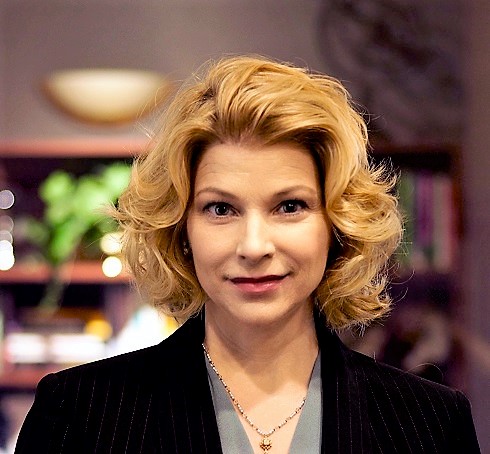Marketing
Expert preparation tips for QSR boycotts, vitriol in presidential election year
The boycott of Wendy's that ensued after the online "pile-on" under the hashtag #Wendysisoverparty, could happen to any QSR, but these three marketing and consumer sentiment experts say there are things brands can do to prepare ahead of time.

June 11, 2020 by S.A. Whitehead — Food Editor, Net World Media Group
Guilt by association — the idea of ascribing guilt to someone simply because of their connection to someone else who's in hot water — has always been a cruel thing. But in recent weeks we've been watching the QSR version of that idea in action, after word got out that the CEO of one of Wendy's franchisee companies, James Bodenstedt, had made large campaign contributions to President Donald Trump. Trump, of course, has been the focus of a lot of scorn in the aftermath of George Floyd's tragic death in police custody, so Bodenstedt's monetary support of his re-election was viewed equally dimly.
The fact that Bodenstedt's company — Muys Cos. — is entirely separate from the Wendy's Company didn't stop those protesting the often unjust and violent treatment of blacks and President Trump, from carrying that opposition forward to a boycott of Wendy's because of the political leanings of one of its franchisee company's leaders. In fact, Muys Cos.' other franchise properties — Taco Bell and Pizza Hut — escaped much of the online wrath since the boycott itself fell under the hashtag #WendysIsOverParty. But there was plenty of vitriol to go around for those Yum Brands companies as well — all clear cases of the aforementioned guilt by association.
As it all unfolded, you could almost hear the keyboard tapping and phones ringing across other major QSR brands from marketing departments and brand executives in search of who, if anyone, among their investors, franchisees and leadership had thrown money into Trump's political campaign. And on that topic, QSRweb had hoped to get comments from a few quick-service brand leaders about any discussions around this particular subject or subsequent actions taken, but — as you surely guessed — everyone queried opted to pass on providing comment.
Experts: Prepare or pay
However, we did reach out to business, consumer research and marketing educators and practitioners and they had plenty to say about the topic. First and foremost, all three of these brand image experts made it clear that — regardless of
 |
| Marilyn Heywood Paige (photo provided) |
whether they're disclosing it publicly or not — all restaurant brands should be talking about these types of contributions among their leaders and making some sort of action plans.
University of Denver marketing professor and CMO of the Denver-based branding company, Paige Black, Marilyn Heywood Paige, believes neutrality is the best path for brands on issues. But she also acknowledged that things happen anyway, so preparation is key, beginning with quality media training for every upper-level executive.
"All responses should be shaped in regards to the brand values," she said in an interview with QSRweb. "Decide, as a company, before you get pulled into a public controversy what narrative you will put forth should a situation similar to Wendy's play out. This could be for or against a particular political view or party or a decidedly neutral stance. …
"Have several if/then scenarios worked in advance, along with accompanying written statements and plans for who, how, when, and where statements will be disseminated. Keep these crisis communication messages and written statements on hand so that should you be pulled into a controversy … you already have some crisis communication steps in place. It is better to tweak statements already written than have to craft language from scratch in the midst of a high-pressure media storm."
Paige added that brands must remember to communicate internally, as well as externally in any media firestorm. In these types of situations, she said employees and other stakeholders can be great assets and allies, if they're kept in the loop and well-prepared.
For brands that take a public stance …
Though Paige leaned toward neutrality in all things QSR brands do and say, as a policy, others experts in this area that we spoke with acknowledged that brands are increasingly taking a stance,
 |
| David Aron (Photo provided) |
since a strong community voice has been repeatedly identified as important for key younger adult target audiences in the brands they patronize.
At Dominican University, David Aron, professor of marketing and director of graduate business programs and executive education, contends that restaurants can choose to remain neutral on issues, or make calculated decisions to align with views shared by their target markets. He also recommended that brands proactively talk to leaders around this subject.
"Make its partners aware of the brand's positions on issues of importance and remind the partners of the need to remain integrated and united to their partners, stakeholders, and customers," he told QSRweb.
"Another proactive move is to make relevant positions clear to customer and partners through external and internal marketing. In this way, a partner that behaves against the brand's principals is clearly doing just that, and the brand will, ideally, have built enough equity with its community and other partners to withstand any negative publicity that might follow."
Authenticity is key
University of Maryland, Robert H. Smith School of Business Marketing Professor Amna Kirmani advised brands that times of turmoil are likely to bring out these issues, and she said, though brands may respond differently, depending on their values, the critical factor in any brand response is authenticity, she said.
Kirmani, editor-in-chief of the "Journal of Consumer Psychology" and co-editor of the "Journal of Consumer Research," has studied how consumers interact with brands based on their corporate social responsibility actions.
As millions of people around the country have gathered to protest the police killing of George Floyd and other examples of brutality and social inequality, Kirmani examined the role that brands play in leading a conversation.
 |
| Amna Kirmani (Photo provided) |
"A lot of African Americans in power feel compelled to say something because this is deeply personal for them, and they are terrified and heartbroken and angry to see what is playing out," she said.
"What's coming out is companies trying to showcase corporate responsibility by putting their money where their mouth is, and donating to different causes and legal defense funds. These companies are not doing this in hopes to sell their products, but rather because it is the right thing to do."
If despite all this thought and preparation, something like the Bodenstedt/Wendy's association still happens though, Paige implored brands to have done their groundwork. Like any sort of training, when it's called on in an emergency, the work done ahead of time to make a brand's response second-nature, pays off when everything hits the fan.
"Alert the company stakeholders that in an election year, the media landscape becomes especially vitriolic," she said. "Every brand needs to be aware that they can unwittingly be pulled into public controversy simply because people on all sides are looking for ways to gain control of the public narrative and may use a brand's actions to help them do that. The brand becomes collateral damage in the fight for controlling the public's attention. Putting this into context first can de-escalate some of the emotions around it."
About S.A. Whitehead
Pizza Marketplace and QSRweb editor Shelly Whitehead is a former newspaper and TV reporter with an affinity for telling stories about the people and innovative thinking behind great brands.
 ChatGPT
ChatGPT Grok
Grok Perplexity
Perplexity Claude
Claude









